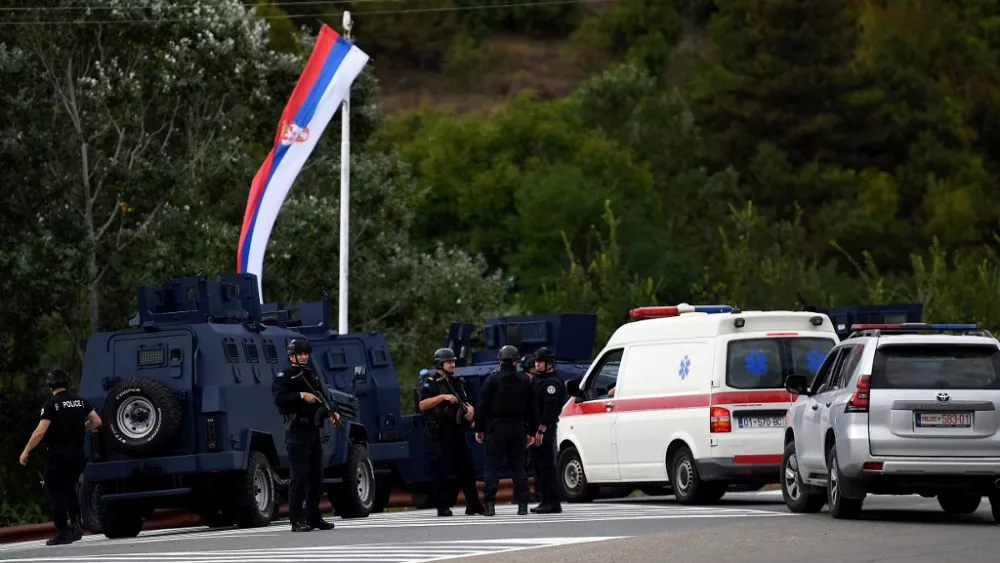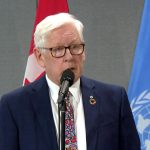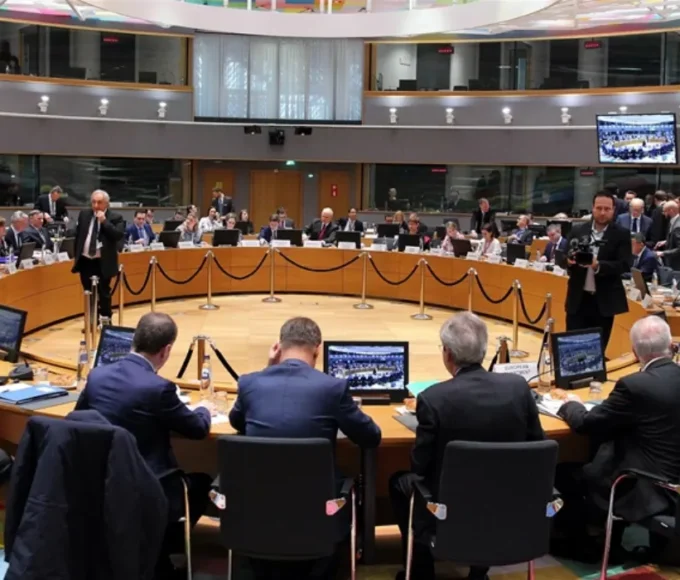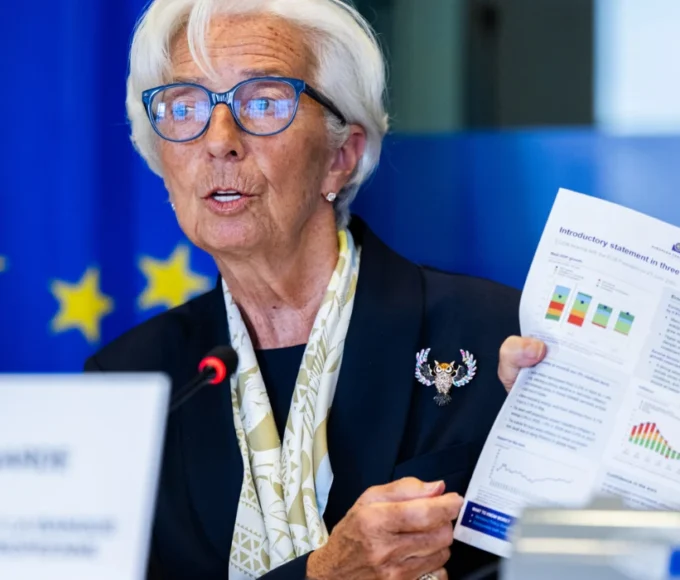The European Union strongly condemns the “terrorist” attack carried out against the police forces in Kosovo this weekend, Peter Stano, spokesperson for the head of European diplomacy Josep Borrell, said on Monday.
A Kosovar police officer was killed on Sunday during a patrol in the north of the country, on the Serbian border, by attackers who then barricaded themselves in an Orthodox monastery. A shootout with Kosovar law enforcement followed and three members of the armed group were killed.
Mr. Borrell had already condemned on Sunday a “heinous” attack against the Kosovar police forces.
Mr. Stano once again called on Serbia and Kosovo to take “urgent measures” to reduce violence and promote dialogue. He recalled that the European Union could also take “measures” against Serbia as it had already done in the past against Kosovo.
The international community regularly urges both parties to de-escalate. But the latest attempts at discussions between Kosovar Prime Minister Albin Kurti and Serbian President Aleksandar Vucic failed again in mid-September in Brussels, with Mr. Kurti accusing the EU of bias in favor of Belgrade. According to Pristina, the EU would be kind to Serbia so as not to encourage it to get too close to Moscow.
The Kremlin expressed concern on Monday about the “potentially dangerous” situation in Kosovo, expressing its support for the Serbs.
A meeting between representatives of France, Germany, Italy, the European Union and the United States is to take place on Monday in Brussels to examine the situation, a European diplomatic source said .
Kosovo declared its independence from Serbia in 2008, almost a decade after NATO helped push Serbian forces out of the former province in a bloody war that left around 13,000 people dead. most of Albanian origin.
Serbia, supported in particular by its Russian and Chinese allies, has since refused to recognize the independence of Kosovo, where a Serbian community of around 120,000 people lives. Located mainly in the north, some of its members refuse all allegiance to Pristina.
This article is originally published on journaldequebec.com









